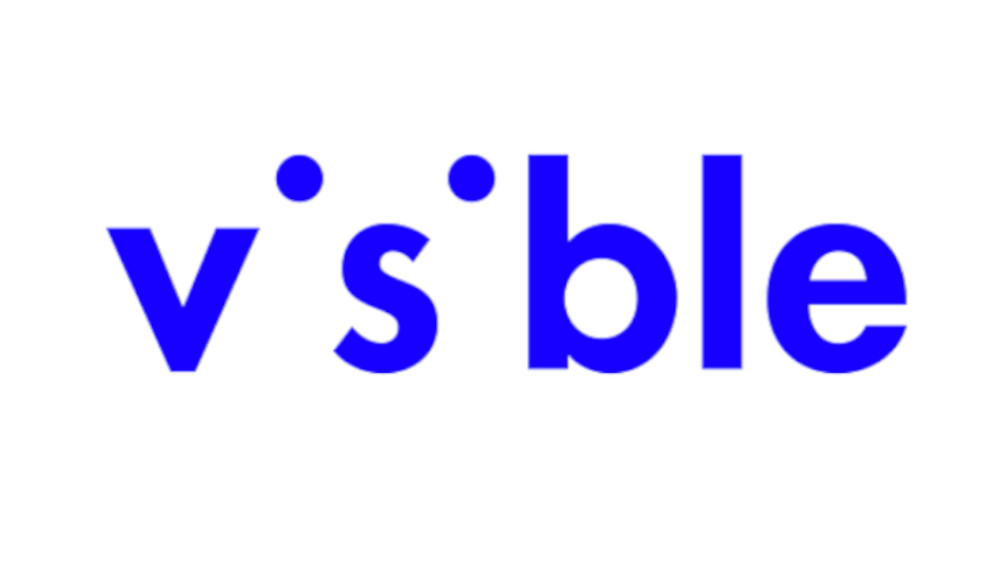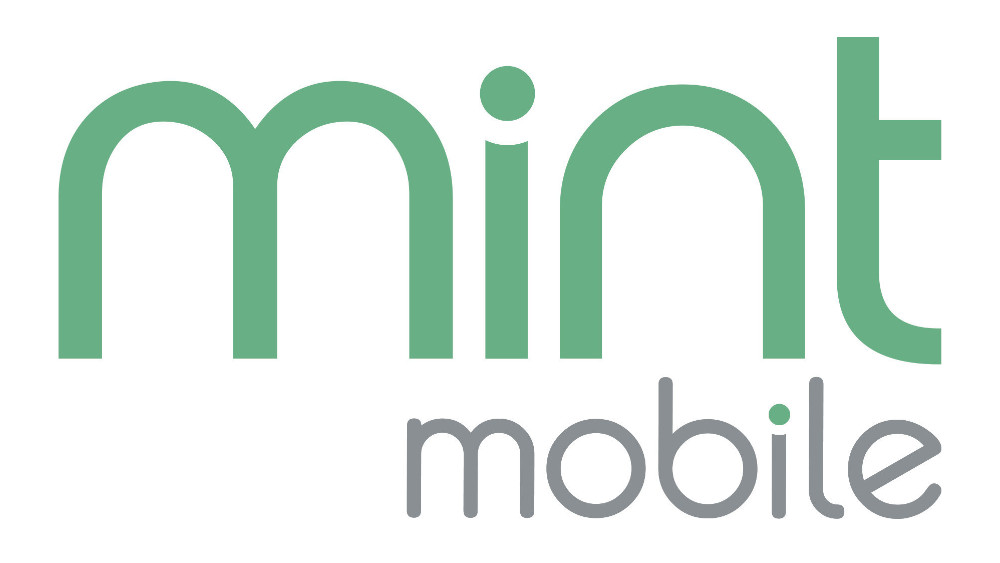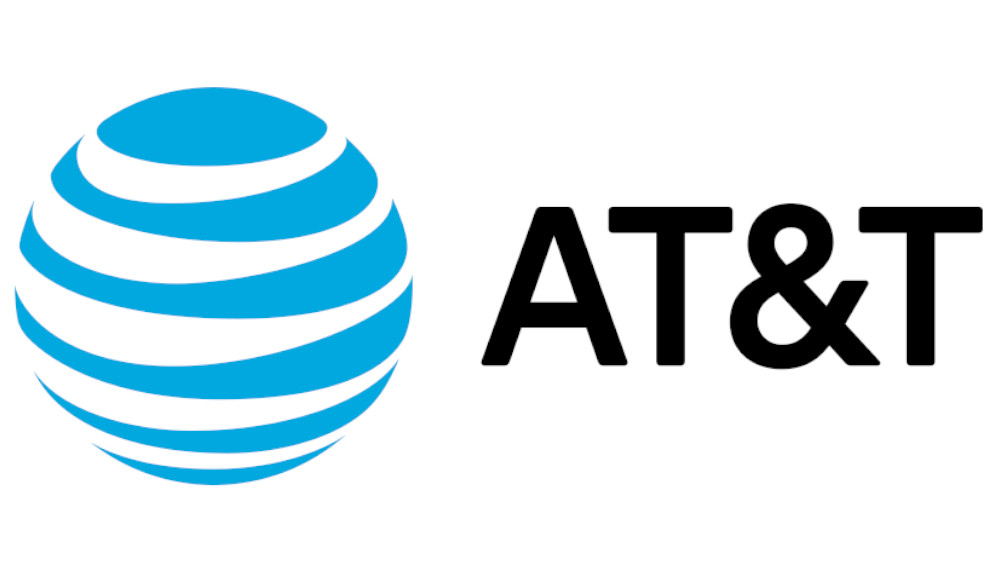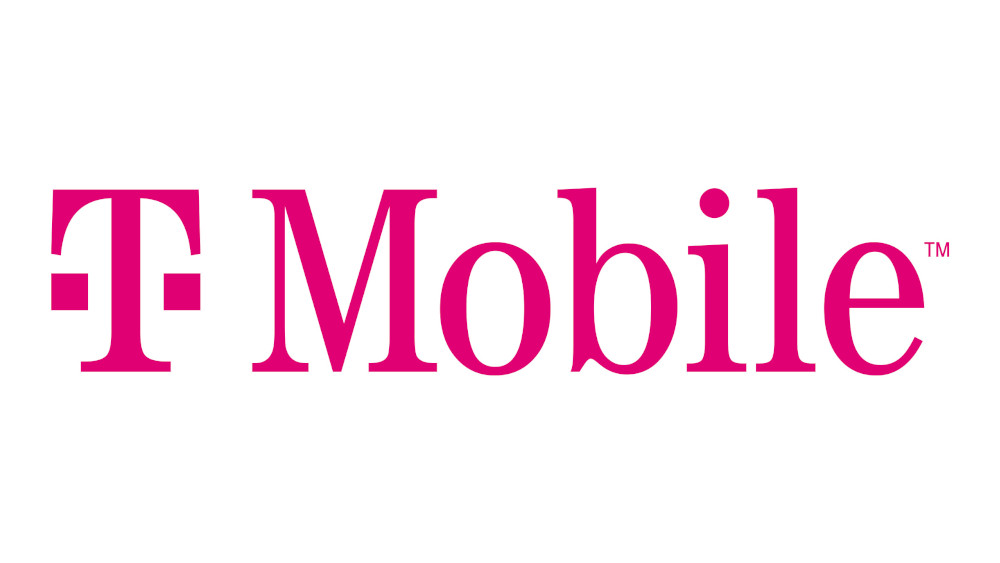The best unlimited data plans in the US for December 2022
If you’re researching the best unlimited data plans on the market then our list of recommended carriers could be just what you need to find the right one for you. There are, of course, many excellent options on the market right now but we’ve narrowed it right down to the five carriers we think you should consider this month, factoring in coverage, speeds, perks, and price. Subsequently, our list of the best unlimited data plans should cover most bases and give you plenty to consider.
Unlimited data plans: jump links
As you’d expect, there’s no one-size-fits-all best unlimited data plan out there as requirements can differ drastically from user to user. That said, we’ve got options here for single-line users, families, and those on a budget – like really, really on a budget.
Because of these differing requirements, our best unlimited data plans list factors in options from both the big ‘postpaid’ carriers and the smaller ‘prepaid’ carriers. In a nutshell, if you’re looking for perks, prioritized data, and don’t mind spending a little more then you’ll want to check out the bigger carriers like Verizon, AT&T, and T-Mobile. If you’re willing to forgo a few creature comforts, however, up-and-coming prepaid carriers like Mint Mobile and Visible are particularly great value right now.
If you’ve already got an idea of what type of plan you’d like, feel free to use the jumper links provided to skip right ahead. Otherwise, we’ll begin with a quick overview of our choices for the best unlimited data plans at the top of the page.
At the bottom of the page, you’ll also find some handy tips on saving cash as well as the basics on what these plans offer and advice on how to decide which is for you. If you’d like to see what other types of plans there are this week, then head on over to our main best cell phone plans (opens in new tab) for plenty more options.
best unlimited data plans: top picks
The Best unlimited data plans this month
While Verizon itself, as with most larger carriers, isn’t exactly known for its value, the services Play More plan surprisingly offers quite a lot for the money. At $80, price-wise it sits somewhere in the middle of the postpaid unlimited data plans market while offering streaming services (Hulu, Disney+, ESPN+), unlimited access to Verizon’s premium WideBand 5G network, and a generous 15GB of 5G mobile hotspot data (with unlimited 600 Kbps speeds after).
In comparison, AT&T’s equivalent Unlimited Extra plan (at $75/mo (opens in new tab)) comes in at slightly cheaper and with the same mobile hotspot allowance but doesn’t include any streaming service subscriptions. T-Mobile’s equivalent Magenta plan (at $70/mo (opens in new tab)) includes a free Netflix subscription, but only standard definition streaming, plus a measly 5GB of mobile hotspotting allowance at 5G. By comparison, the Verizon Play More plan does come at a higher premium but manages to bundle in a ton of features that normally come with a significant upcharge at other carriers.
Wrap all those perks together, and you’ve got a very well-rounded plan that’s going to cover most users’ needs and offer some of the best coverage nationwide.
Read more in our guide to the best Verizon wireless plans (opens in new tab).

Visible is a great choice if you’re looking to keep those costs down but don’t want to make too many sacrifices in regards to perks or unwanted allowance caps. For $40, you’re getting an all-in unlimited data plan that utilizes Verizon’s 5G network, has unlimited mobile hot-spotting, no hidden data caps, and no hidden upcharges either.
On top of that, Visible’s recently introduced Party Pay feature (opens in new tab) can allow users to cut down their bills to an absolutely bonkers $25 per month by bundling them together under as a “party.” Unlike most traditional family plans, data isn’t shared here, nor is the overall bill, so it’s a great option for housemates, students, or families alike.
We can’t find much to fault Visible’s plan on, although there are a few caveats to consider before you jump in. Firstly, being a smaller prepaid carrier means that your speeds will potentially get capped if you’re in a high-traffic area, specifically because Verizon will prioritize its own customer service over those who use the network via a third party. Also hidden in the small print is the 5Mbps speed cap for mobile-hot-spotting, which means that while your usage is unlimited, you’re not going to be getting those speedy 5G speeds if you’re sharing your LTE connection.
Read more about this carrier in our Visible wireless plans (opens in new tab) guide.

Alternatively, for those really on a budget, we’d recommend checking out Mint Mobile – a popular smaller carrier that has recently just added an unlimited option to its suite of excellent prepaid plans. At just $30 a month, the Mint Mobile unlimited data plan is easily one of the cheapest, if not the cheapest unlimited data plan on the market currently.
Mint Mobile operates a unique pricing scheme that offers the lowest rates for those customers who buy their data upfront for multiple months, with the lowest average rate being for those who buy a whole year at once. This slightly offsets that prepaid advantage of not having lengthy contracts, but it does mean Mint can offer dirt-cheap plans all around. No credit checks either, as you’re buying in an upfront purchase.
That said, compared to the Visible, Mint Mobile’s unlimited data plan is definitely more restricted. After 35GB of usage, for example, the service will cap out at just 128kbps speeds, which is just about enough for light browsing, but not much more. Mobile Hotspot allowance is also capped at just 5GB a month, which is much less than most unlimited plans – including Visible. Although, coming in at on average $120 cheaper per annum versus Visible makes Mint a very compelling option indeed.
Read more in our guide to this month’s best Mint Mobile plans (opens in new tab).

Coming in at $85 per month makes AT&T’s Unlimited Elite plan the most expensive on our list, however, with a hefty 100GB of priority 5G data, 30GB of hotspot allowance, and a free HBO Max subscription, it’s also the most feature-laden – especially for those looking to stream high-definition content.
HBO Max itself is $14.99 a month, making it the most expensive standalone streaming subscription out of all the mainstream services currently. Bundling that in with oodles of high-speed data that even the most determined streamers will struggle to burn through in a month makes the AT&T Unlimited Elite plan pretty great value all around despite its high price.
Of course, you may prefer to opt for the similar T-Mobile Magenta Max plan ($85/mo (opens in new tab)) or the Verizon Get More Unlimited plan ($90/mo (opens in new tab)), which offers NetFlix or Disney+, respectively. Both are also strong choices, although the included subscriptions are slightly cheaper by themselves, and the T-Mobile plan specifically has data speed caps after 40GB of usage per month.
Read more in our guide to this month’s best AT&T plans (opens in new tab).

No list of the best unlimited data plans would be complete without T-Mobile’s offerings, and we think this carrier’s family plan options are particularly good if you happen to have a set of particularly data-hungry family members.
The standard T-Mobile Magenta plan is already quite good value by itself as a single plan, however, the savings really start when you start to add multiple lines since the carrier throws in the third line for free. At just $35 per line at four users ($140), the Magenta plan comes in at around $10 cheaper than the equivalent plans from AT&T and Verizon while offering arguably stronger perks all around.
For the price, you’re getting 100GB of priority 5G data, a free Netflix Basic subscription (standard definition, 1 screen), and unlimited data hotspotting – albeit at 3G speeds only after you’ve used your first 5GB of 5G data. Those are great perks, although the main selling point here is definitely that incredibly competitive pricing for the T-Mobile Magenta plan after three or more lines are added.
Best unlimited data plans: FAQ

Best unlimited data plan: deciding what’s right for you
Why you can trust TechRadar
Our expert reviewers spend hours testing and comparing products and services so you can choose the best for you. Find out more about how we test.
When considering what carrier to go for and which unlimited data plan is best for you, we strongly recommend you first determine what you value the most in the plan – cost, speed, coverage, and perks being the most commonly used criteria.
Cost is definitely the easiest criteria to start with – simply determine your upper budget each month and browse away. Remember, however, to factor in the cost of your handset alongside your plan as that can really depend heavily from carrier to carrier.
Most of the bigger prepaid carriers, for example, may offer deals on handsets alongside their unlimited data plans, which could really help you bag a flagship device for cheap if that’s important to you. That’s contrasted by the smaller prepaid carriers, which don’t tend to offer discounts on devices, instead opting for cheaper monthly rates and flexible ‘bring your own device’ options.
Speed and coverage are two criteria that are going to depend heavily on your locale. Coverage especially should be checked over at the major carrier sites (Verizon (opens in new tab), AT&T (opens in new tab), T-Mobile (opens in new tab)) if you’ve got your eye on a 5G plan as you might not be covered if you live outside a major city.
Speed-wise, all the carriers featured on our best unlimited data plans list feature speedy 5G connections, but as a rule of thumb, the cheaper the plan, the more likely it is to be slowed down during peak traffic hours. This is especially true of prepaid carriers like Mint Mobile and Visible, which operate as sub-carriers on the various networks.
What types of unlimited data plans are there?
As with most cell phone plans, the best unlimited data plans fall into two loosely defined groups – postpaid plans and prepaid plans.
Postpaid plans are those generally offered by the bigger carriers and more or less feature lengthy 2-year+ contracts (with credit checks), big or unlimited data allowances, deals on handsets, and bill your account at the end of the month. These are all quite loose criteria, but generally speaking, these are your pricier of the two options but look to offer a more premium service all around.
Prepaid plans, on the other hand, are the more basic option. For a lower monthly price, you’ll generally get fewer perks, data allowances, and a service that’s liable to caps on speed if the network’s busy. If you’re more of a light user or on a budget, these are likely your best bet, and they also come with the bonus of generally needing no credit check and simpler pricing schemes.
Do I really need an unlimited data plan?
If you’re looking to save money on your monthly phone bills, The quickest way to cut down your monthly costs is to forgo an unlimited data plan and go for a more restricted or prepaid plan instead.
Most people can check their monthly data usage by accessing their phone’s network settings. Here’s a quick guide on how to do that:
- For iPhone:
- Open your Settings app
- Tap Cellular menu
- Tap individual apps to see monthly data usage
- For Android:
- Open your Settings app
- Tap ‘Connections’
- Tap ‘Data Usage’
Checking your data usage directly on your device is especially useful because it will tell you how much of your data has been used via WiFi instead of a cellular connection. If you can’t find the above settings on your device, then most carriers also have data usage reports that can be easily accessed by logging into your account on their sites.
If you don’t have access to such a tool, we’d generally say, as a rule of thumb, if you’re streaming video every day, making regular video calls, or are always on the move and therefore don’t have access to WiFi, then you’ll probably want an unlimited data plan.
Here’s a quick overview of common apps average data usage per hour, referencing Whistleout’s excellent article (opens in new tab).
- TikTok & Instagram – 800Mb per hour
- Youtube & Netflix – 300Mb per hour
- Music streaming – 150Mb per hour
- Facebook – 80Mb
- Web browsing – 60Mb
Is unlimited data really unlimited?
Hidden in the fine print of most carrier plans are caps on data usage, speeds, or other caveats you should be aware of. Unlimited data plans are no exception to this, despite the namesake.
A common usage cap for unlimited data plans, for example, is mobile hotspotting – which carriers love to charge that little bit extra for. You’ll also find soft-caps on data usage each month, where the carrier will look to slow down your speeds after you pass a certain threshold – anywhere from 30GB to 100GB being fairly common.
On paper, these data caps can seem like a real bummer, although in reality, not many users are likely to use up to 100GB of data in a month unless they’re constantly streaming high-definition content on their device. However, the mobile hotspotting caps can be more of a restriction since they tend to default to 3G speeds after their allowance is up.
What’s the cheapest cell phone plan with unlimited everything?
Visible is technically the cheapest carrier to offer a truly unlimited plan, with no speed bumps based on data usage or mobile hotspotting allowance. That said, its mobile hotspot speeds are indeed capped at 5Mps, which is half that of Verizon and AT&T after they cap out, and being a prepaid carrier, it’s also subject to deprioritization overall.
For more inexpensive options, we recommend checking out our page on this month’s best cheap cell phone plans (opens in new tab) specifically.
For all the latest Technology News Click Here
For the latest news and updates, follow us on Google News.
